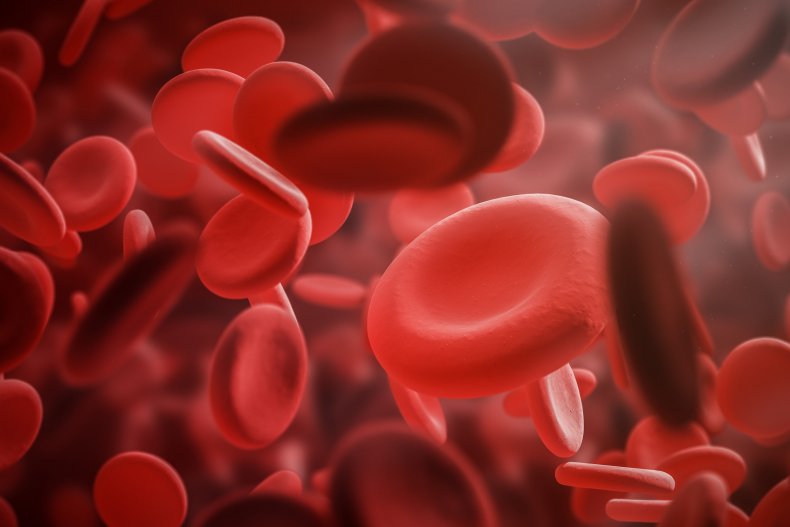Boy, 5, Diagnosed With Rare Cancer After He Lost First Tooth and Wouldn't Stop Bleeding
A 5-year-old Michigan boy has been diagnosed with a rare form of cancer after bleeding continuously following the loss of his first tooth.
The parents of Ryder Washington, from Farmington Hills, knew something wasn't right when the bleeding would not stop and rushed him to hospital, Fox 2 reported on Friday.
"Immediately [we] started hearing terms like oncology, hematology," the boy's mother, Kimberli Washington, told the Detroit TV station. "We got super-nervous—prayed and hoped that wasn't our journey."
Eventually, medical staff diagnosed the five-year-old with myelodysplastic syndrome—a group of "bone marrow failure" disorders that are considered a form of blood cancer. Bone marrow is the spongy tissue inside bones where blood cells are made.
Myelodysplastic syndromes (MDS) can occur when the blood-producing cells in bone marrow don't form properly or function abnormally, according to the American Cancer Society.
Patients tend to have low blood cell counts as a result. These can show up on tests, even before symptoms appear.
The first signs and symptoms of MDS depend on the type of blood cells that are lacking.
A shortage of red blood cells, which carry oxygen from the lungs to the rest of the body and help remove carbon dioxide, leads to anemia—characterized by feelings of tiredness, dizziness or weakness, as well as shortness of breath and pale skin.
A shortage of white blood cells, which defend the body against pathogens, results in leukopenia, with patients experiencing frequent or severe infections.
Meanwhile, having too few blood platelets—small cell fragments that form clots and prevent bleeding—leads to thrombocytopenia, in which patients bleed or bruise easily. Often, thrombocytopenia patients have frequent or severe bleeding from the nose or gums.
MDS patients can also experience symptoms such as weight loss, fever, bone pain and loss of appetite.
It is unclear exactly how many people are diagnosed with myelodysplastic syndromes every year in the United States, because this group of diseases is often unrecognized.
According to the American Cancer Society, some put the number at around 10,000 cases, while other estimates are much higher.
MDS primarily affects older people, with most patients over the age of 65. Younger people can be affected, however.
Five-year-old Ryder is now receiving platelet transfusions and will eventually need to undergo chemotherapy and a bone marrow transplant.
"As far as what the future holds, we never know," the boy's father, Terrence Washington, told Fox 2.
The family is now looking for a bone marrow donor for Ryder and has signed up to the national registry Be the Match.


